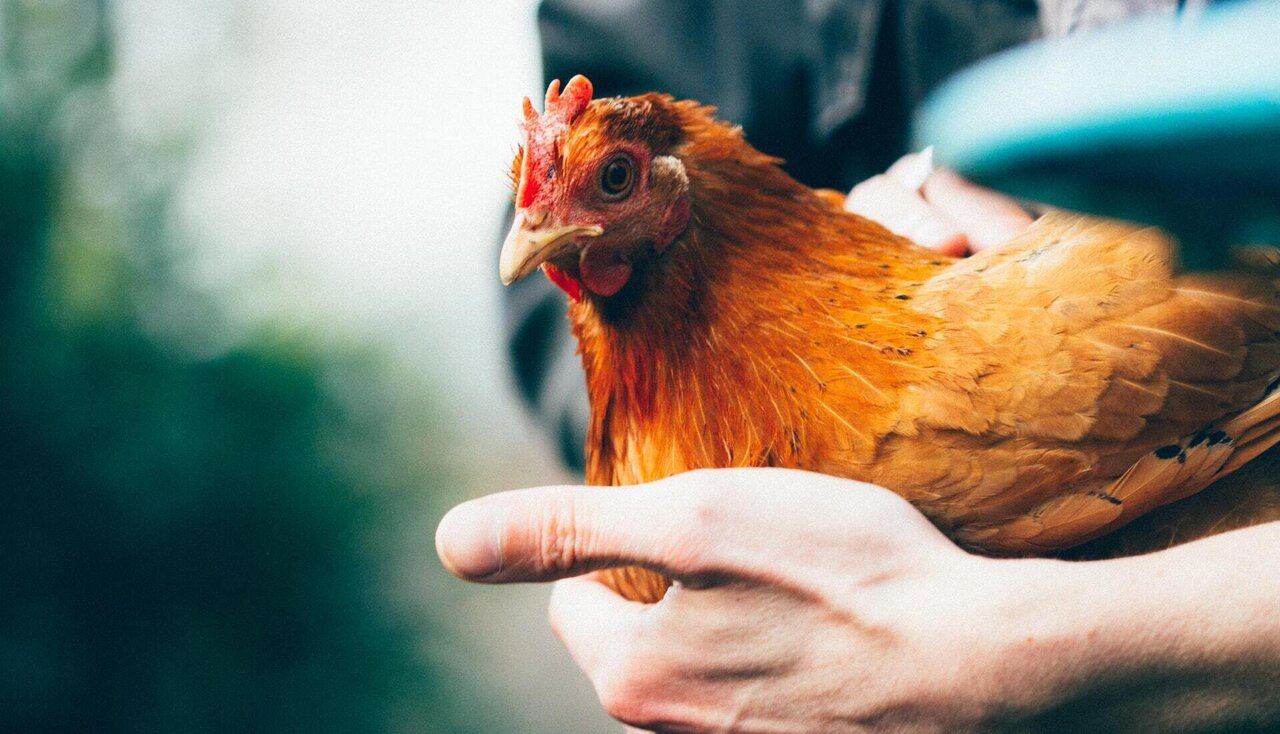How Personality Shapes Our Receptivity to Veganism
When watching street debates with the vegan activists Earthling Ed and Joey Carbstrong, it becomes apparent to me that one of the biggest barriers that they (and other activists) face is personality differences. This is because certain personality traits shape our receptivity to veganism. There are indeed general cognitive biases that can make some people…
View Post



